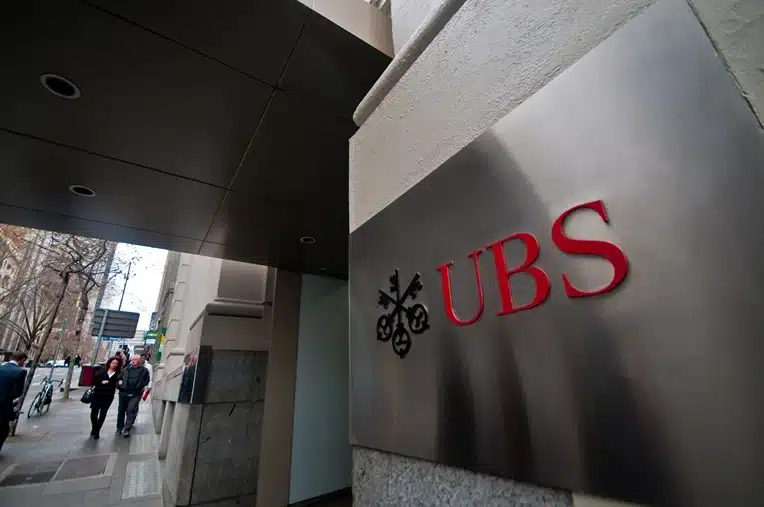Examining Murray v. UBS Securities, Inc.
Do you want the good news or the bad news first? I am inclined to hear the bad news first but in an effort to hold your attention, I will flip the script and give you the good news first. (Yes, even whistleblower retaliation lawyers have good news to share.)

Justices agree
The good news is that, in this highly politicized climate, all nine United States Supreme Court justices agreed on something, namely that Sarbanes-Oxley Act (SOX) whistleblowers need not prove retaliatory intent for protection under SOX. The case decided on February 8, Murray v. UBS Securities, LLC, considered the contours of the SOX anti-retaliation protections by evaluating the level of proof required for such a claim to proceed.
Details on the case
Trevor Murray was a former UBS bank employee who alleged that UBS fired him in retaliation for refusing to publish misleading research reports and protesting the pressure to do so. SOX’s plain language protects employees against employer retaliation for employee reporting of financial wrongdoing. Thus, the central question was what level of proof a whistleblower needs for a SOX retaliation claim.
Murray’s long journey started in 2014 in federal district court where he survived motion to dismiss and summary judgment attempts and eventually had to go to trial in 2018 when UBS would not settle the case. A jury awarded Murray, who could no longer work in his field because of the retaliation, $653,300 in back pay and $250,000 in non-economic compensatory damages, and no front pay. The standard of proof used at trial was that employees’ whistleblowing was a “contributing factor” to their employers’ decision to fire them. UBS appealed the verdict to the Second Circuit. In 2022, four years after Murray’s jury verdict, the Second Circuit vacated it. It remanded the case for a new trial using the standard of proof that required Murray to show that UBS acted with retaliatory intent.
Two years later, the Supreme Court reversed the Second Circuit’s decision, holding that SOX does not require whistleblowers to make a specific showing of retaliatory intent. In so holding, the Supreme Court reasoned that requiring a whistleblower to prove retaliatory intent would ignore SOX’s burden-shifting framework, which already provides a method for determining intent. The Supreme Court also held that, since “employers ‘contort[l] most of the cards,’” requiring employers to bear the burden of intent makes sense for public policy reasons.
Most importantly, the Supreme Court dismissed the defendant’s concern that employers would be liable for legitimate personnel decisions if it did not enforce a specific retaliatory-intent requirement. In so doing, the Supreme Court explained that the “contributing factor” framework protects employers from liability as long as they can demonstrate “by clear and convincing evidence, that [they] would have taken the same unfavorable personnel action in the absence of” the protected behavior and included this powerful language for good measure:
| The contributing-factor framework that Congress chose here is not as protective of employers as a motivating-factor framework. That is by design. Congress has employed the contributing-factor framework in contexts where public health, safety, or well-being may well depend on whistleblowers feeling empowered to come forward. This Court cannot override that policy choice by giving employers more protection than the statute provides. |
The bad news
So what is the bad news? There is a 9-0 Supreme Court decision affirming the “contributing factor” standard, which is great for whistleblowers, right? True, but unlike what many outlets report, this decision did not expand rights. Instead, it confirmed the statute’s plain meaning, which several circuit courts had attempted to undo by requiring proof of intent that appeared nowhere in the statute or legislative history. In addition, the details generally left out of the press for this case reveal a harrowing story for Murray and his attorneys.
The first thing is that, after 10 years of fighting this case and not being able to work in his chosen field due to the retaliation he faced, Murray is far from “whole”—a concept contemplated by the SOX retaliation laws that are supposed to protect whistleblowers. The second thing that resonates with our lawyers in the whistleblowing business is that the District Court judge slashed Murray’s attorneys’ fees by half, criticizing them for having too many lawyers while the defense counsel escaped any review. Murray cross-appealed that decision, with assistance in the form of an amicus brief by NELA NY, and this is still pending before the Second Circuit. All of this begs the question of, even in a post-Murray world where the plain language of SOX has been affirmed, will whistleblowers and their attorneys face less of an uphill climb in these cases?
To end on a positive note, however, we at Bracker & Marcus LLC are always happy to evaluate your case, no matter how small or potentially challenging it may be. We believe in our mission of supporting whistleblowers and fighting the tough fights so if you see something, say something (to us).
